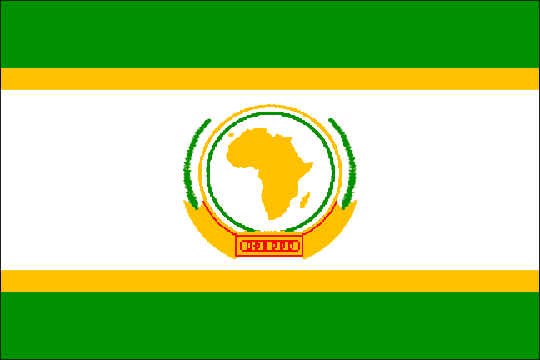The International Monetary Fund (IMF) recently reported that global economic recovery is still at risk. According to the IMF, Eurozone countries are still in a ‘precarious’ situation, and a delay or inadequate response from leaders in European and African countries to the crisis would further distort the recovery.
The IMF stepped down its forecast for global growth and improvement for 2013 from 4.1% to 3.9%, a prediction that it had earlier made in April 2012. The IMF’s forecast for World output this year – as measured by gross domestic product – was little changed at 3.5%.
According to the IMF’s updated World Economic Outlook, which is published twice each year, ‘Downside risks continue to loom large, importantly reflecting risks of delayed or insufficient policy action’. This IMF publication adds that, if European leaders do not take serious action to avoid the sovereign debt crisis from mounting and prevent a market meltdown; the Euro area will remain in a ‘precarious’ situation. This is also true for emerging economies, especially in Africa.
The IMF, together with the European Union (EU) and the European Central Bank (ECB), has requested for austerity measures in the seriously affected economies of the governments of Spain, Portugal and Greece in return for bailouts. Many people are already jobless, because of this global economic crisis.
Recently, leaders in Eurozone countries accepted to bail out Spanish banks directly and unveiled a plan to put in place a fiscal and banking unification. But these proposals will not be concretised until later in 2012, and there happens to be no certainty on how long it will take for such a union to go operational.
The benchmark lending rate for the ECB was recently cut to 0.75%, which is below its normal 1% rate. This is the first time the ECB is carrying out such an action. All the same the IMF called on the ECB to utilise more unorthodox monetary tools, such as furnishing the region’s banks long-term refinancing operations (LTROs) or more unlimited loans. A related measure in December 2011 assisted in calming down markets and brought down crucial borrowing costs for badly affected economies. However, the effects have declined as Eurozone efforts to curb the crisis failed to boost up investor confidence.
Growth in emerging economies especially in African economies was also revised downwards. According to the IMF report, there are predictions to see growth in emerging economies slow down to 5.6% in 2012 before picking up to 5.9%. Growth momentum dropped particularly in South Africa, Kenya and Cameroon. That was intensified by risk aversion among some investors who withdrew their money from these economies, leading to a decline in domestic share prices. According to the IMF, developing economies are being supported by a number of government measures to boost up growth, as well as lower oil prices. All the same doubts loom over the economic environment on how sustainable such government measures will be for developing economies especially in Africa.
For African economies to be able to survive the global economic recession, it is time to reflect on effective monetary policies as well as measures on encouraging trade among African nations. This would definitely entail lessening the numerous trade barriers that exists among African nations. If such measures are agreed upon my African leaders and effectively put in place, then African economies can survive the global economic crisis which has grossly hit hard on the continent.
Corruption is another canker-worm eating into the economic fabric of Africa, in addition to the global economic recession. There exist numerous anti-corruption measures including lengthy legislation on the continent, but the problem of effective implementation remains the greatest dilemma. Fighting global recession would definitely need unified efforts from governments and a serious boost from free market engineers in Africa and Europe.
Chofor Che is an Associate of African liberty and Doctoral law
candidate at the Community Law Centre, University of the Western Cape,
South Africa. He blogs at http://choforche.wordpress.com

